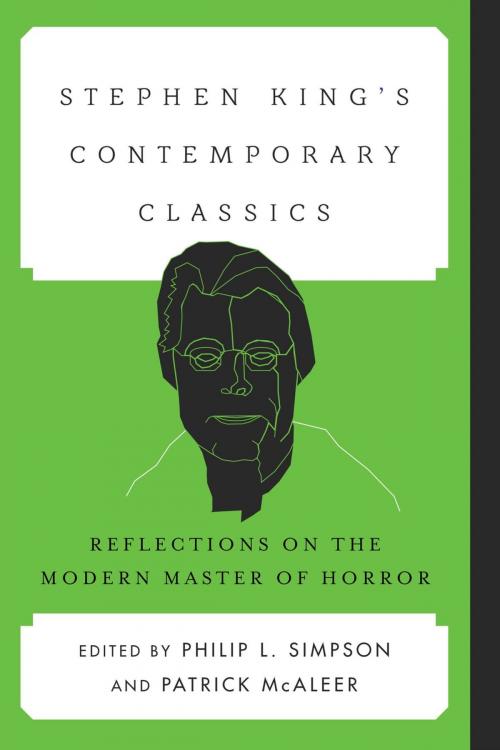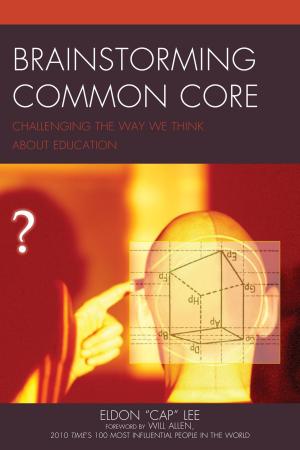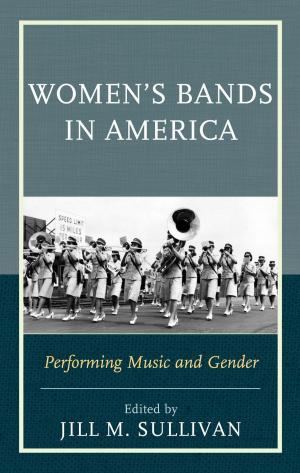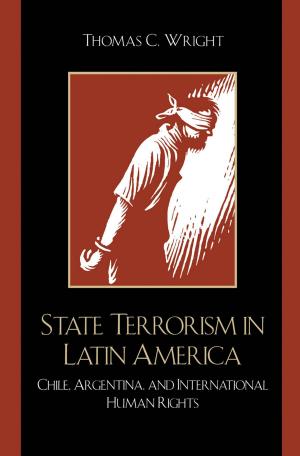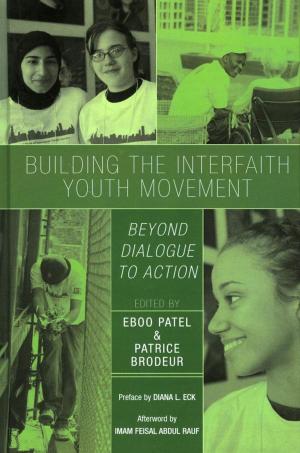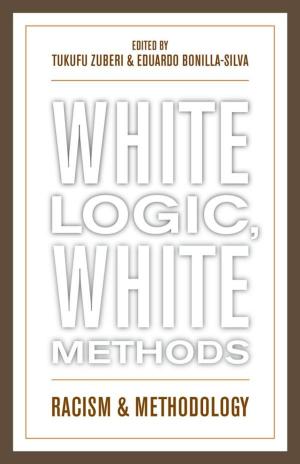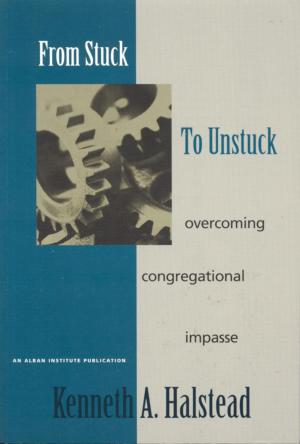Stephen King's Contemporary Classics
Reflections on the Modern Master of Horror
Fiction & Literature, Literary Theory & Criticism, Gothic & Romantic, Books & Reading| Author: | ISBN: | 9781442244917 | |
| Publisher: | Rowman & Littlefield Publishers | Publication: | November 13, 2014 |
| Imprint: | Rowman & Littlefield Publishers | Language: | English |
| Author: | |
| ISBN: | 9781442244917 |
| Publisher: | Rowman & Littlefield Publishers |
| Publication: | November 13, 2014 |
| Imprint: | Rowman & Littlefield Publishers |
| Language: | English |
Many readers know Stephen King for his early works of horror, from his fiction debut Carrie to his blockbuster novels The Shining, The Stand, and Misery, among others. While he continues to be a best-selling author, King’s more recent fiction has not received the kind of critical attention that his books from the 1970s and 1980s enjoyed. Recent novels like Duma Key and 1/22/63 have been marginalized and, arguably, cast aside as anomalies within the author’s extensive canon.
In Stephen King’s Contemporary Classics: Reflections on the Modern Master of Horror, Philip L. Simpson and Patrick McAleer present a collection of essays that analyze, assess, and critique King’s post-1995 compositions. Purposefully side-stepping studies of earlier work, these essays are arranged into three main parts: the first section examines five King novels published between 2009 and 2013, offering genuinely fresh scholarship on King; the second part looks at the development of King’s distinct brand of horror; the third section departs from probing the content of King’s writing and instead focuses on King’s process.
By concentrating on King’s most recent writings, this collection offers provocative insights into the author’s work, featuring essays on Dr. Sleep, Duma Key, The Girl Who Loved Tom Gordon, Joyland, Under the Dome, and others. As such, Stephen King’s Contemporary Classics will appeal to general fans of the author’s work as well as scholars of Stephen King and modern literature.
Many readers know Stephen King for his early works of horror, from his fiction debut Carrie to his blockbuster novels The Shining, The Stand, and Misery, among others. While he continues to be a best-selling author, King’s more recent fiction has not received the kind of critical attention that his books from the 1970s and 1980s enjoyed. Recent novels like Duma Key and 1/22/63 have been marginalized and, arguably, cast aside as anomalies within the author’s extensive canon.
In Stephen King’s Contemporary Classics: Reflections on the Modern Master of Horror, Philip L. Simpson and Patrick McAleer present a collection of essays that analyze, assess, and critique King’s post-1995 compositions. Purposefully side-stepping studies of earlier work, these essays are arranged into three main parts: the first section examines five King novels published between 2009 and 2013, offering genuinely fresh scholarship on King; the second part looks at the development of King’s distinct brand of horror; the third section departs from probing the content of King’s writing and instead focuses on King’s process.
By concentrating on King’s most recent writings, this collection offers provocative insights into the author’s work, featuring essays on Dr. Sleep, Duma Key, The Girl Who Loved Tom Gordon, Joyland, Under the Dome, and others. As such, Stephen King’s Contemporary Classics will appeal to general fans of the author’s work as well as scholars of Stephen King and modern literature.
